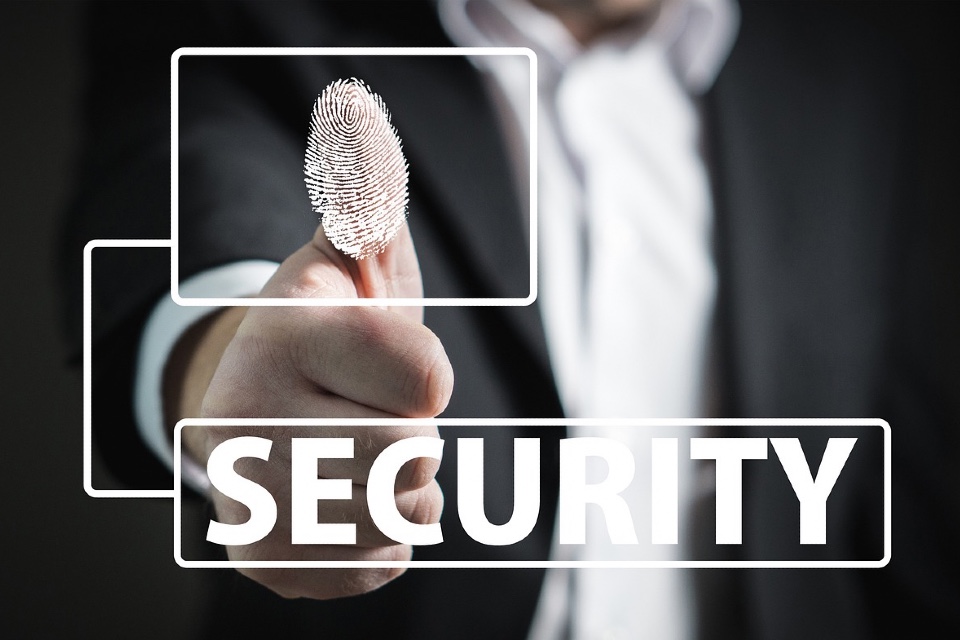In the digital era, where cyber threats often dominate headlines, it’s crucial not to overlook the significance of physical security for UK businesses. Protecting tangible assets, from human resources to infrastructure and equipment, is equally vital. Here are the key elements of physical security that UK businesses should prioritise…
- Access Control:
- Doors and Locks: Sturdy doors with high-quality locks are the first line of defence against unauthorized access.
- Badge Systems: Swipe cards or biometric access can restrict access to specific areas within a facility, ensuring only authorised personnel can enter.
- Visitor Management: This includes logging visitor details, providing temporary badges, and possibly escorting visitors at all times.
- Surveillance Systems:
- CCTV Cameras: Strategically positioned cameras can deter criminal activity and provide evidence if an incident occurs.
- Alarms: These alert the business to breaches, particularly out of hours, and can be connected to local police stations or private security firms.
- Lighting: Adequate lighting, especially during nighttime, can deter potential intruders. It’s important for entrances, exits, and other vulnerable areas to be well-lit.
- Perimeter Security: Fencing, security barriers, and gates can prevent unauthorized access. Combined with security personnel or electronic surveillance, it provides a robust line of defence.
- Security Personnel: Having security staff on-site can provide an immediate response to incidents. They also act as a visual deterrent to potential criminals.
- Regular Assessments and Drills: Regularly reviewing and updating security protocols is crucial. Conducting drills ensures that staff know how to respond in emergency situations, whether it’s a fire or an intruder threat.
- Data and Equipment Protection: Apart from cyber measures, physical security for data includes safes, lockable cabinets, and secure rooms for servers. Protecting equipment might mean tethering expensive devices or using lockable storage for valuable items.
- Integration with Cybersecurity: Physical security measures should align with cybersecurity efforts. For instance, server rooms should have heightened access controls, and procedures should be in place to prevent tailgating – where unauthorized individuals enter a building closely behind an authorised person.
For UK businesses, the importance of comprehensive physical security measures cannot be overstated. While digital threats are increasing, traditional threats have not disappeared. By addressing these key elements, businesses can safeguard their tangible assets and provide a safer working environment for their employees.
Are you planning your organisation’s Physical Security strategy? The Total Security Summit covers all the above and more!






